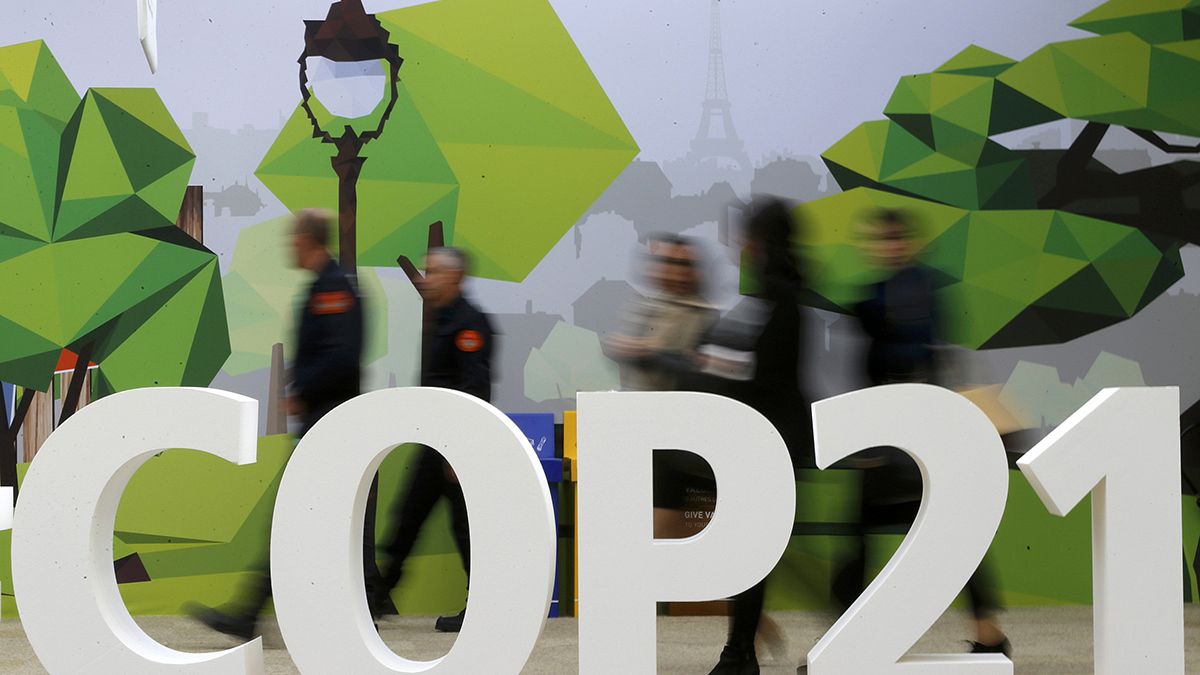November 4th sees the application of the Paris COP21 agreement on fighting climate change, but will polluting nations take the necessary steps and live up to their promises?
It is less than a year after the approval of the Paris Agreement by 195 nations at the COP21 and 30 days since the October 5th minimum ratification threshold by at least 55 of them. Today, November 4th, sees the formal application of the world’s first agreement on tackling climate change.
Tonight, 6:30
LaTourEiffel</a>, <a href="https://twitter.com/ArcDeTriomphe">ArcDeTriomphe and the #Berges in Paris will light up to celebrate the entry into force of the #ParisAgreementpic.twitter.com/uELYT36xOL— C40 Cities (@c40cities) 4 novembre 2016
“I am looking around the room, I see that the reaction is positive, I don’t hear any objection, the Paris agreement for the climate is accepted,” said French Foreign Minister Laurent Fabius at the December 2015 Paris conference to great fanfare.
But none of the conferences and meetings have gone down well with activists who, even before the event, had criticised the methods being used to fight global warming and who demonstrated next to the Eiffel tower, angry that the deal in their opinion favours rich nations and oil companies.
A demonstrator from the United Kingdom, Siriol Hugh-Jones, expressed doubts that an agreement would be fair to all nations.
“There was a lot of talk, and it was great that the smaller countries were talking about 1.5 degrees, but there was no agreement reached, and the richer countries are doing nothing about it. They’re too much in the pockets of the oil and gas corporations,” she said.
The ratification by the 55 nations, responsible for at least 55% of greenhouse gas emissions, cleared the way for validation by the European parliament on October 4th.
UNEP: Urgent action needed within 3 years to meet 1.5 deg target set in Paris. Great
CarbonBrief</a> analysis <a href="https://twitter.com/hashtag/COP22?src=hash">#COP22</a> <a href="https://t.co/CyJyXaOtD2">https://t.co/CyJyXaOtD2</a><br>-</p>— Caroline Lucas (CarolineLucas) 4 novembre 2016
“Our vote opens the way to ensuring that the whole agreement can achieve the necessary threshold figures so as to come into world-wide implementation,” said parliamentary President Martin Schulz.
Today 97 of the 195 signatory nations have ratified the Paris agreement, but it only really carries weight if the planet’s two main polluters, the USA and China, take the action they have promised to.
“The Secretary-General was present in a very symbolic meeting in China where he was presented with the instruments of ratification of both the US and China together. We hope that whoever occupies the White House in 2017 will continue that leadership role for the United States,” says the UN Secretary-General’s spokesman Stephane Dujarric.
The application of the Paris criteria allows talks on the climate, and should encourage nations to strive towards limiting global warming to less than two degrees centigrade. To achieve this the expert opinion is that greenhouse gas emissions must be cut by between 40 to 70% by 2050.
